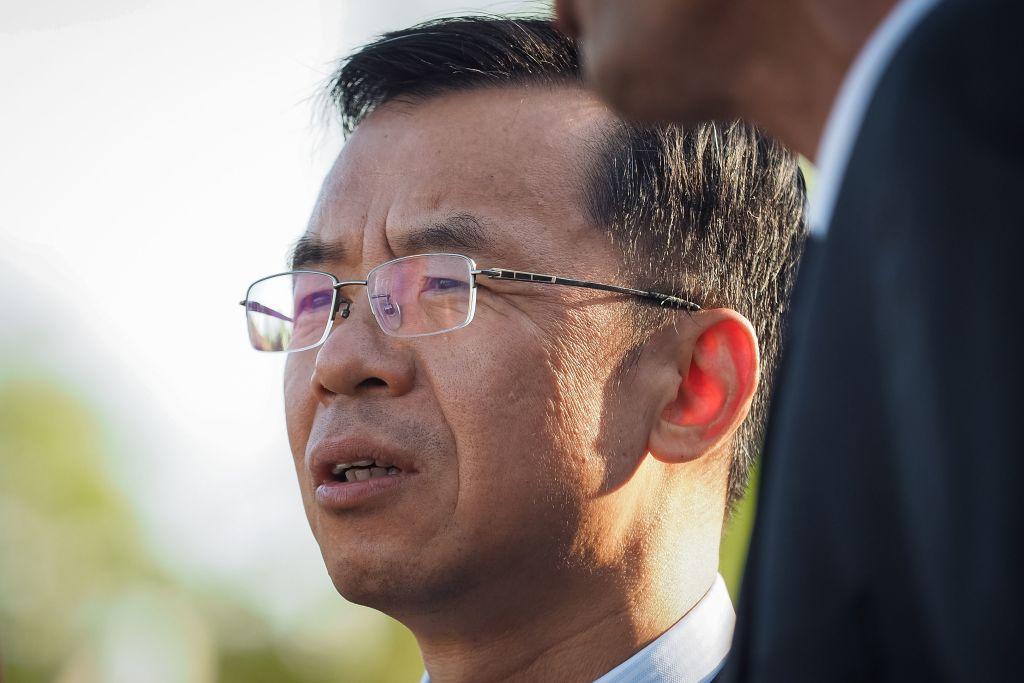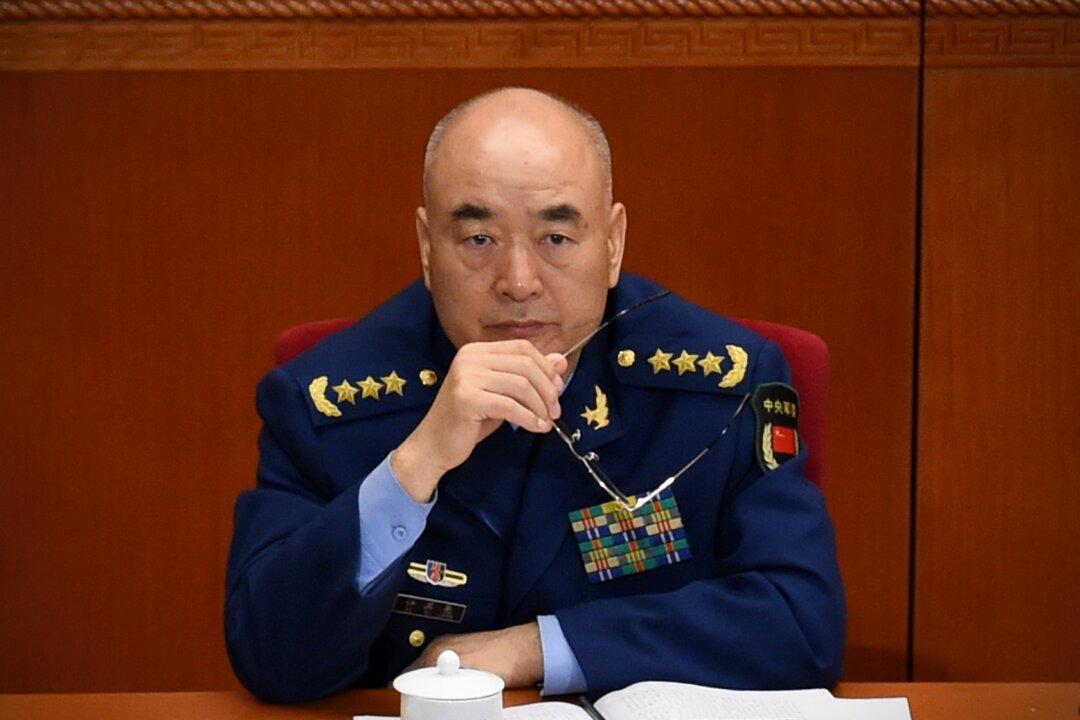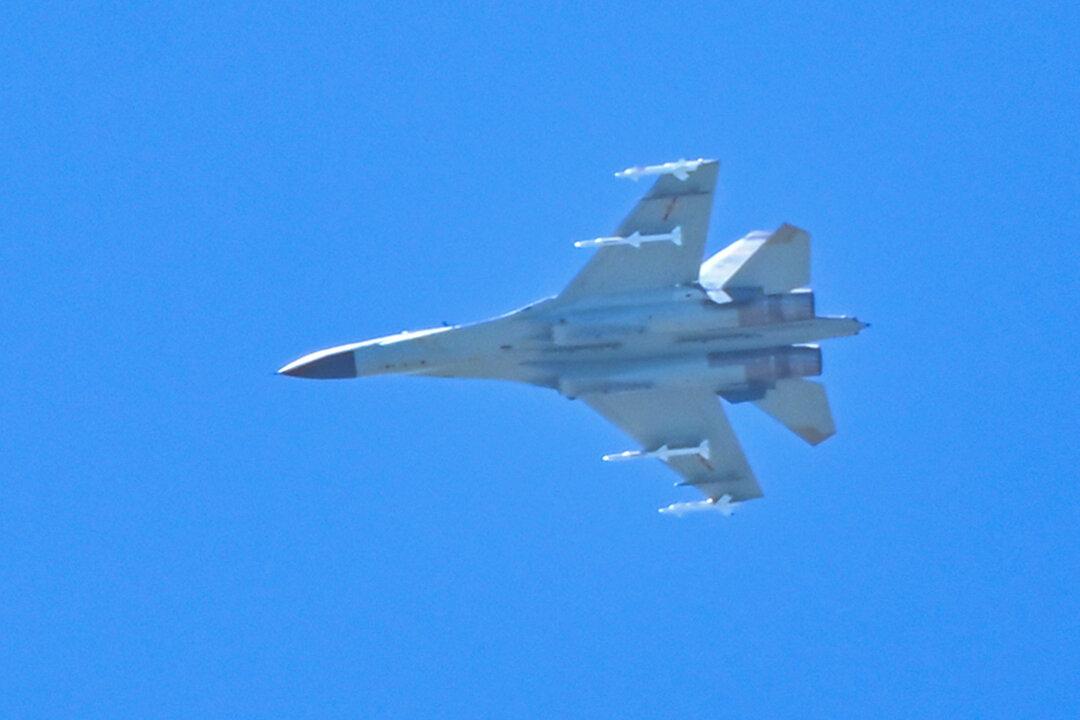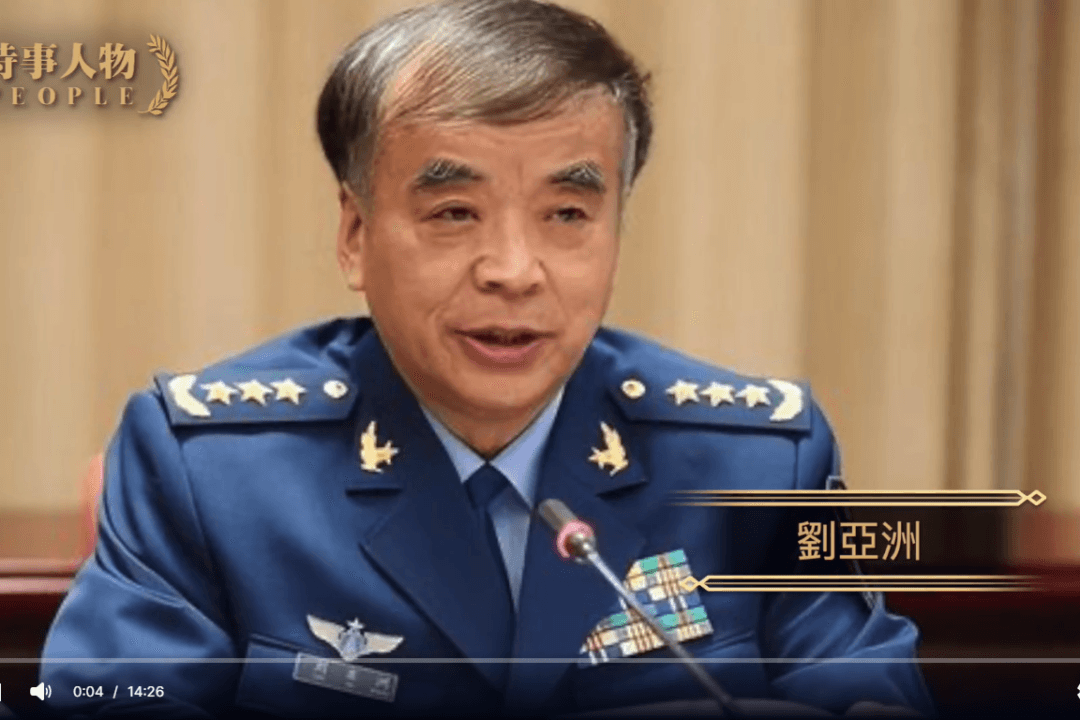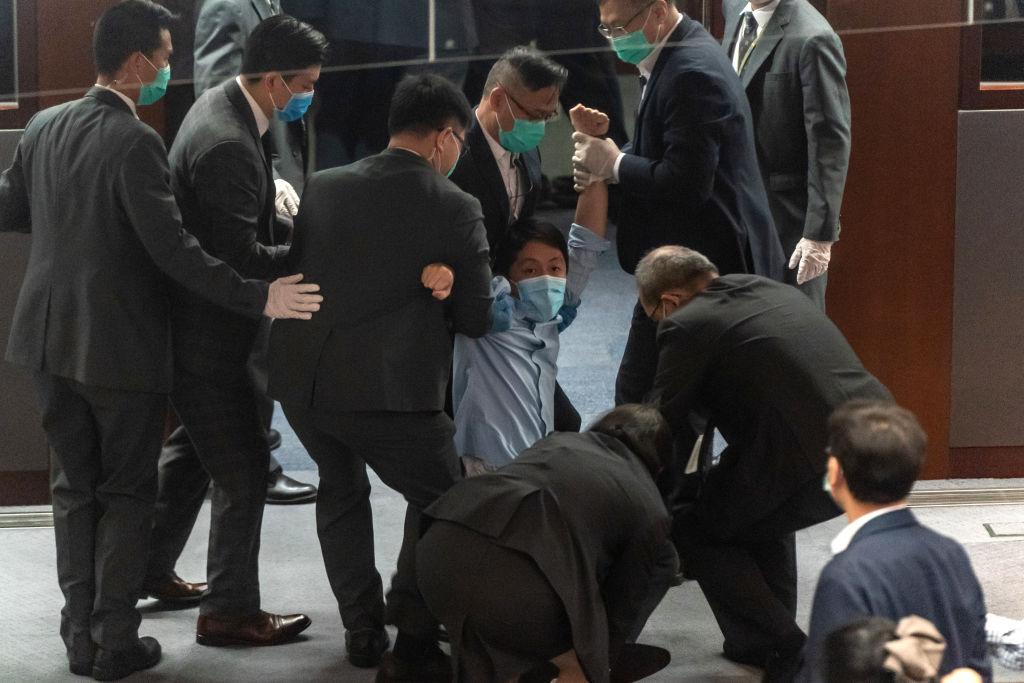Beijing’s aggressive diplomatic approach in recent years has been referred to as “wolf-warrior diplomacy.” Last month, one of China’s more prominent “wolf warriors”, Lu Shaye, earned headlines after making outlandish comments denying post-Soviet nations’ sovereignty status.
“Wolf Warrior”, a 2015 Chinese film written and directed by Chinese actor Wu Jing, carries a strong nationalist sentiment, glorifying communist soldiers ready to die for their country. The term “wolf warrior” has since become a synonym for ultra-nationalism in China and a hard-line diplomatic approach.
